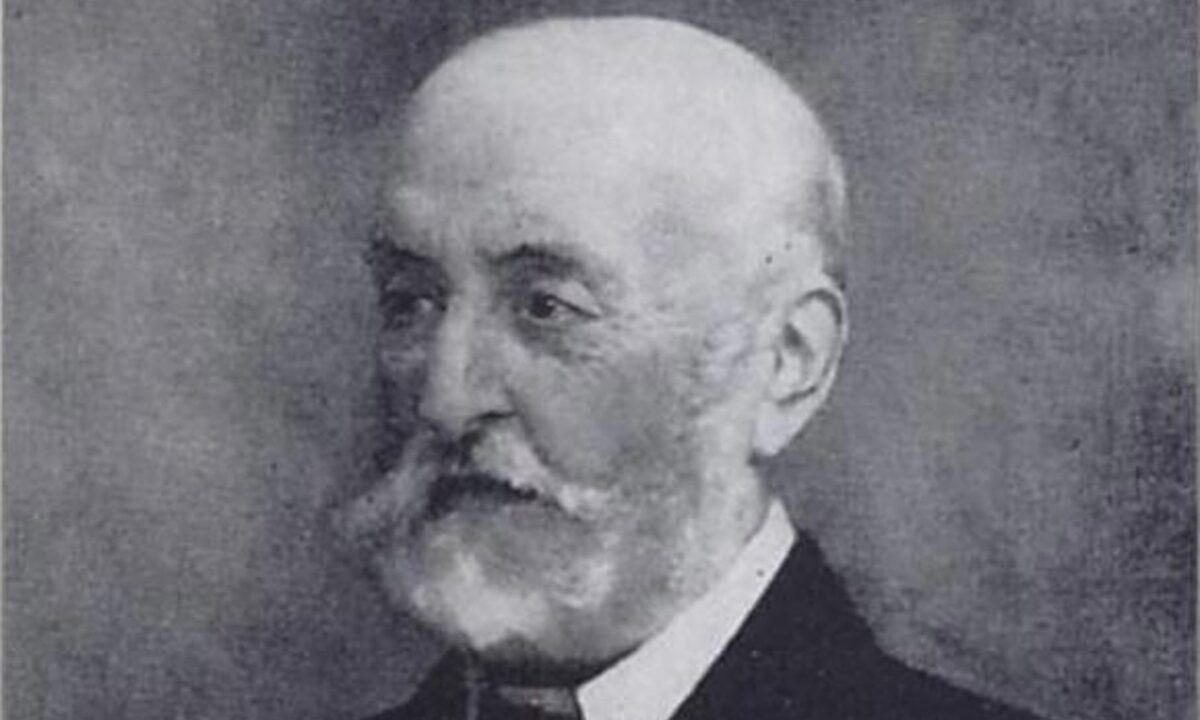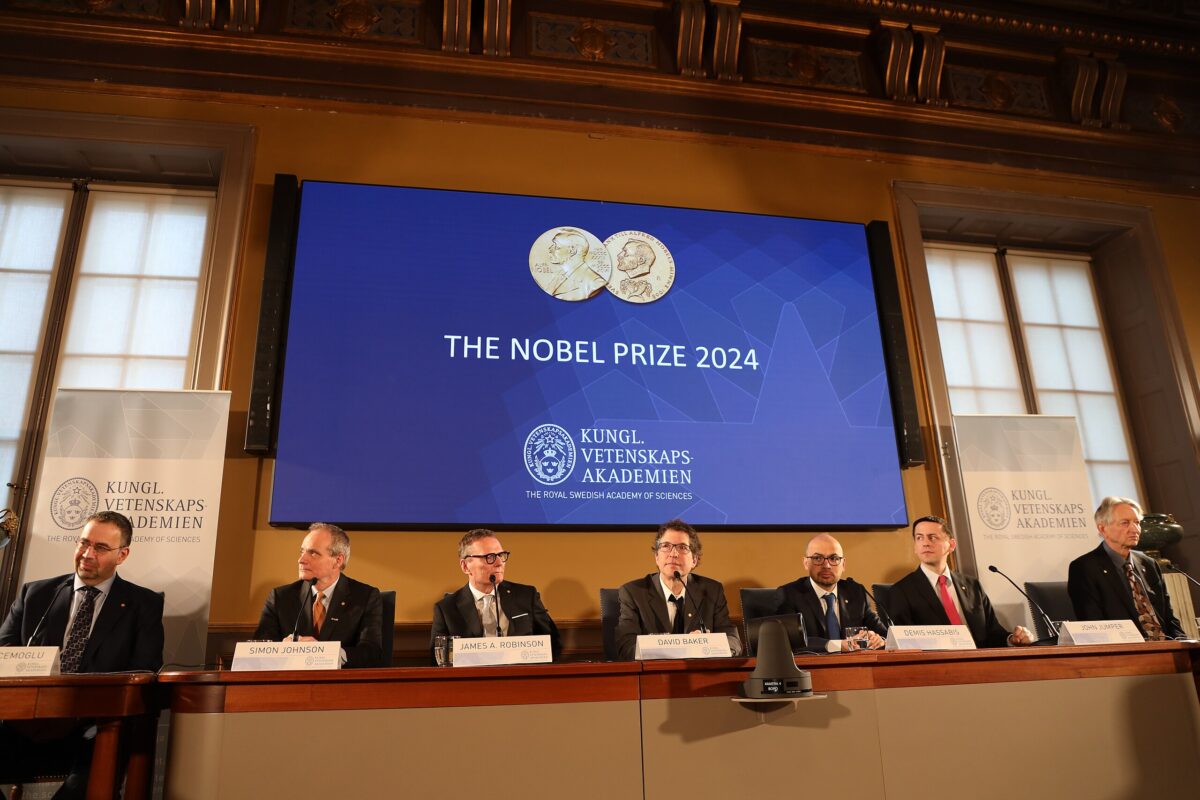
William Dembski


What Is the Originating Source of Design in Organisms?

Robert Marks Remembers ID and Tech Pioneer Walter Bradley

On Intelligent Design, Wikipedia Hedges, While Grokipedia Tells (Whoa!) the Truth

Jonathan Witt Takes Us on a Fantastic Voyage

John Searle (1932–2025): A Titan Passes

St. George Jackson Mivart: A Historical Snapshot

Dembski to College Students: “If You Lay Back and Bare Your Throat, They’ll Cut It for You”

Bill Dembski: Pursuing Truth and Trust in AI and LLMs







































